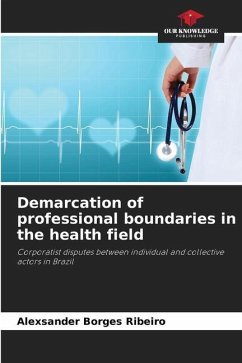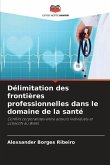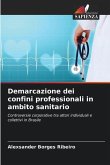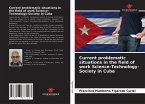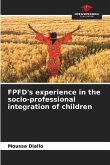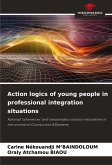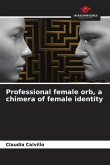It rescues the history of several health professions, starting from their origins and reaching the processes of professionalization, both worldwide and in Brazil. The general objective of the study is to analyze emblematic processes of demarcation of professional boundaries in the health field, which occurred in the last decade in Brazil, one known as "Ato Médico" and another as "Mais Médicos". It presents the current rules of the game of border demarcation. It identifies the players, divided between individual and collective actors involved, as well as the veto players. Identifies the strategies that the actors used in the two episodes in an effort to achieve their goals. It shows the results of the games or demarcation processes in the field of Brazilian health. It conjectures that the liberalisation of professional services, within Mercosur, will face resistance from the Brazilian medical class. It concludes that the demarcations of professional boundaries are imperfect processes, susceptible to classist pressures, that the enlargement of the public sphere in combination with previous studies may present more satisfactory results in relation to the search for a common good.
Bitte wählen Sie Ihr Anliegen aus.
Rechnungen
Retourenschein anfordern
Bestellstatus
Storno

